Rezultati pretraživanja
mkokotec pon, 27/04/2020 - 14:01
Lecturer(s):
Asst. Prof. Martina Tomičić Furjan, Ph.D., Assoc. Prof. Katarina Tomičić-Pupek, Ph.D., Asst. Prof. Kristina Detelj, Ph.D., Assoc. Prof. Marina Klačmer Čalopa, Ph.D., Mladen Konecki, Ph.D., Asst. Prof. Mario Konecki, Ph.D, Asst. Prof. Petra Grd, Ph.D., Bogdan Okreša Đurić, Ph.D., Asst. Prof. Boris Tomaš, Ph.D., Assoc. Prof. Violeta Vidaček-Hainš, Ph.D.
Goal of the workshop:
Digital business transformation is considered as a new concept of change that affects how companies create a new value of their products and services based on customer needs. Businesses face the challenge of creating new business models that imply generating new value, relying strongly on digital technologies. In this workshop, creative methods and techniques are applied to analyse trends, customer needs and opportunities to change, followed by the creation of a new digital business model that includes implementation of one or combination of several new digital technologies.
Students work in teams and develop an innovative digital business model for a selected example, based on the knowledge gained at the workshop. In the realization of the project, the emphasis is on innovation and creativity, and the solutions do not necessarily have to be fully achievable but have to be based on real technologies.
Learning outcomes:
- Explain the basic characteristics of selected creative methods and techniques for the development of a digital organization
- Consider the importance and role of selected modern technologies (gamification, artificial intelligence, biometrics and Internet of Things) in digital transformation
- Describe selected ways of application of modern technologies in digital transformation
- Choose the most appropriate technology (or a combination of them) to improve a product or a service
- Create a conceptual model of digital transformation in accordance with the selected improvement proposals
Prior knowledge:
No prior knowledge on the topic is needed to enrol in this workshop. Students from all study levels can join, from both business/economics and IT/computes science study programmes.
pvondra čet, 17/05/2018 - 14:30
Goal of the workshop:
Computer games development industry is on the rise and game programmers are needed on the labor market. The purpose of this workshop is to present the basic knowledge of the computer games development process, and appropriate skillset, to the students. The main idea behind this workshop is to show students how computer games are made and to motivate students to explore this field of computer programming.
Learning outcomes:
- To know and apply basic concepts of computer games development (how to create visual elements, how to manage input devices, how to make basic animations, how to program interactions with the user/player, how to store and read data, how to manage sounds, etc.)
- To understand and to be able to compare algorithms that are used in typical computer game genres (action games, puzzles, brain games, games with words, causal games, etc.)
- To be able to modify or create different computer game mechanics (how to generate an object, how to make things move, shoot, collision detection, level design)
- To be able to design new computer game mechanics and algorithms in the context of computer games development
Topics:
- Introduction to computer games development
- Basic computer game elements
- Basic computer game framework
- Basic concepts behind brain games: A matchmaking game
- Computer games animation: action games
- Picture games: sliding puzzle
- Direction and movement: Arkanoid
- Games with words: trivia and quiz games
- Casual games: match three
- Final project presentations
pvondra pon, 21/05/2018 - 15:50
Lecturer(s):
Asst. Prof. Mario Konecki, Ph.D.
Goal of the workshop:
Increasing of students’ competencies in the field of competitive web design.
The web design service is a type of service that is highly represented on the global market. To diversify one’s service and to make it more prominent a high level of quality is needed. This will consequently make one’s web designs and websites more competitive and interesting to all potential users. One of the key aspects of making competitive websites is creating high quality web interfaces. The purpose of this education is to increase the competences of its participants in the area of creating a competitive web designs and web interfaces and consequently more competitive websites in order to enhance the position of created websites on the overall market.
Targeted audience: Students of all years and study programs, regardless of their prior knowledge.
Learning outcomes:
After the education the participants will be able to:
- build a list of all important aspects of a competitive web interfaces
- list all necessary steps and implement the identification plan of user requests for the appropriate web interface elements
- prepare, describe, give examples and make basic graphical website elements
- list website development steps
- list and compare cascading styles sheet frameworks
- develop basic website elements by using an appropriate cascading style sheet framework
- list, give examples and compare basic types of website structure
- identify, give examples and compare basic types of web interfaces according the to the area of usage
- create a web interface according to the given specification
- analyze user requirements, choose the appropriate type of the website interface and determine/create appropriate graphical elements and web interface as a whole
- evaluate web interface and write the corresponding critically review


